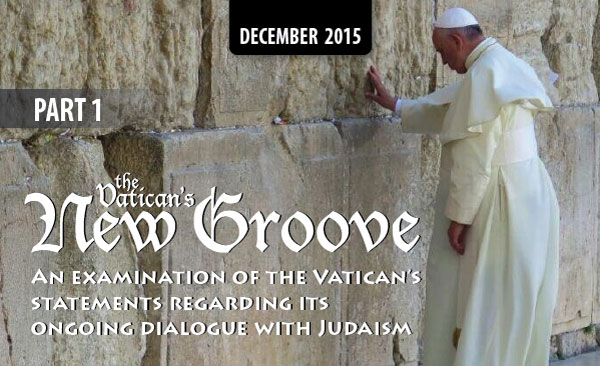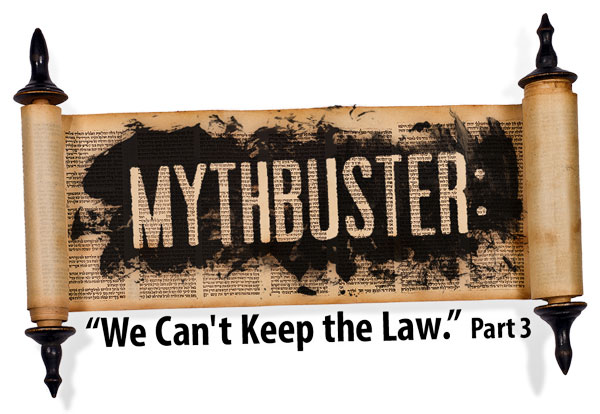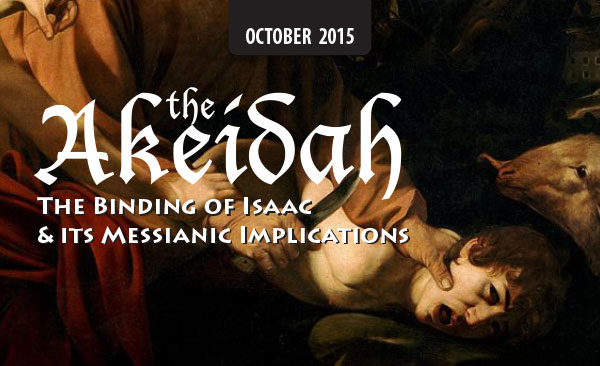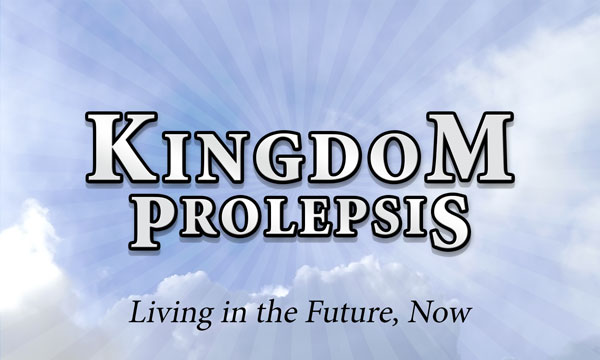Towards the end of May, my family and I attended First Fruits of Zion’s 2015 Shavuot Conference at Beth Immanuel Sabbath Fellowship in Hudson, Wisconsin. As always, it was a great delight to be part of such a well-organized, well-researched and well-presented event. The lectures and discussion that took place over the course of our week-long stay helped clarify and articulate many of the concepts that we have had in our minds over the last several years revolving around Messianic Judaism. One of the primary concepts I took home from the conference is that the goal of Messianic Judaism is to become a prolepsis of the Messianic Kingdom. What does that mean? Let me explain.
First, let’s define the term. According to the basic definition, prolepsis is “the representation of a thing as existing before it actually does.” In other words, it’s when an element — a concept, an event, etc. — represents something before it actually exists.














